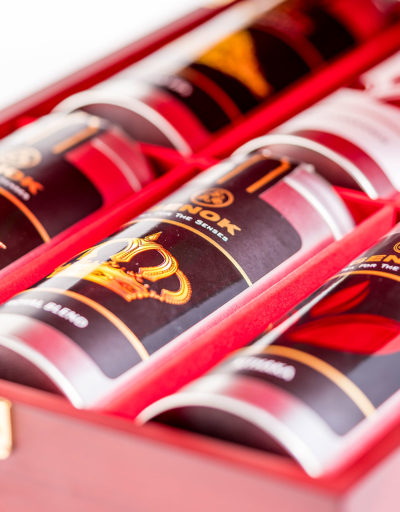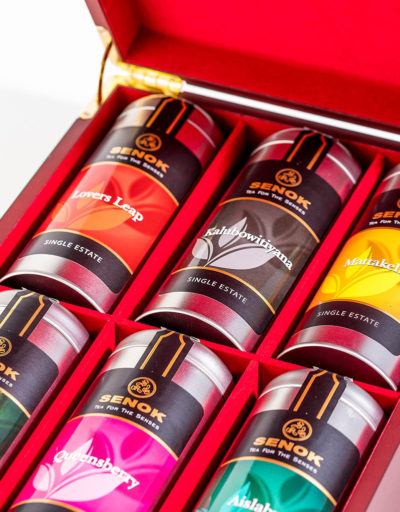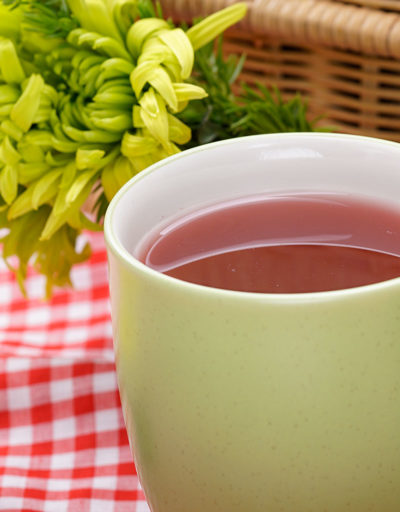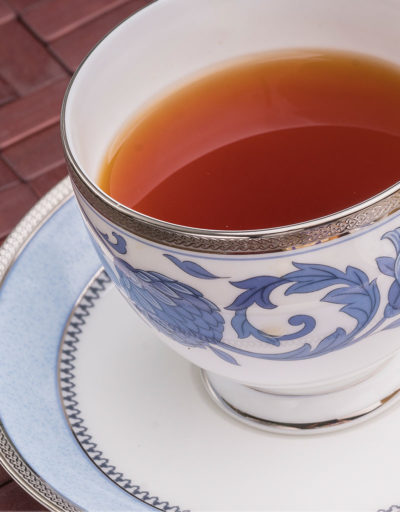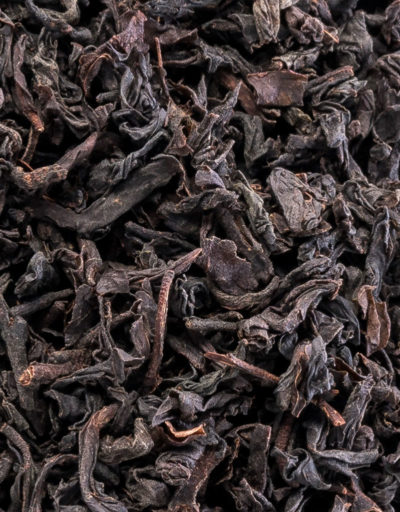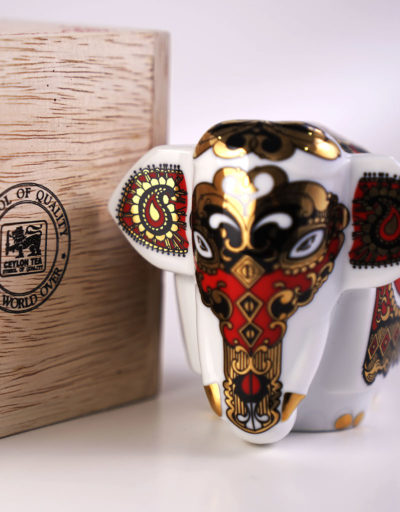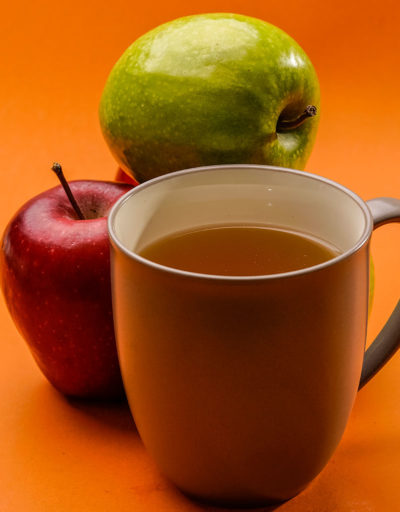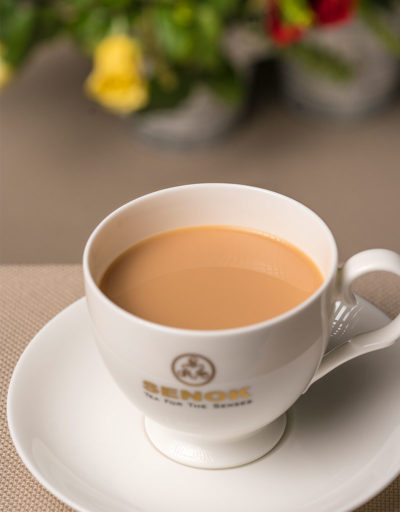7 Herbal Teas That Will Make You Healthier

There’s nothing nicer on a cold midwinter’s day than a soothing cup of herbal tea. But besides being a tasty, warming, caffeine-free pick-me-up, herbal tea has lots of wonderful health benefits. From soothing a troubled tummy to easing insomnia and calming a troubled mind, herbs have all sorts of healing powers. Drinking herbal tea can also be a great source of vitamins and minerals.
What is herbal tea?
Herbal tea isn’t really made from tea-which is a specific kind of plant. The French use the word tisane, which is a little more accurate, since herbal tea is really just an infusion of leaves, seeds, roots or bark, extracted in hot water. In drinking a well-steeped herbal tea, we get all the plant’s benefits in an easily digestible form.
The benefits of herbal tea
‘In a lot of ways, we might get more benefit from a good organic tea than from a vitamin pill,’ says herbalist Marianne Beacon of Elderberry Herbals in Peterborough, Ont. “You’re getting the benefits of hydration. There’s the social element: Tea is something that you can share with people. And when you’re drinking herbal tea, you get aromatherapy at the same time’and that’s something you don’t get from a tablet!’
That’s why Toronto-based herbalist Marcia Dixon says herbal tea should always be steeped in a covered vessel to contain the beneficial essential oils. ‘Otherwise, your room smells nice but you aren’t retaining the medicinal properties.’
How to choose a herbal tea
When it comes to choosing a herbal tea, both Dixon and Beacon agree that it’s IMPORTANTto look for a well-sourced product made from high-quality ingredients. If you’re drinking tea for the medicinal benefits, then definitely steer clear of products that add things like essential oils or flavours. And to really get the full benefits from drinking herbal tea, make sure you steep your loose tea or tea bags long enough’in some cases, as long as 10 to 15 minutes’to really bring out all the healthful properties.
‘Anytime you’re ingesting something, you’re giving your body the building blocks it needs to manufacture tissues and hormones,’ says Dixon. ‘If you drink tea every day, you can make all sorts of significant changes to your mood, your skin, your sense of well-being and energy.’
There are so many wonderful herbal teas to choose from. Here are a few of the most common. Don’t be afraid to try something new!
Peppermint tea
Halifax naturopath Colin Huska recommends drinking peppermint tea to relieve the symptoms of abdominal gas and bloating, and to relieve muscle spasms. It’s also good for nausea (without vomiting) and for heating up the body and making it sweat. If indigestion or heartburn are problems, however, then Dixon recommends avoiding peppermint altogether. Peppermint tea can also be made using fresh herbs from the garden-and it’s one of the easiest herbs to grow.
Ginger tea
Another great digestive aid, ginger can be used to curb nausea, vomiting or upset stomach due to motion sickness. Make fresh ginger tea by simmering a piece of ginger root on the stove for 10 to 15 minutes-add fresh lemon juice and honey when you have a cold for a powerful germ-fighting combination. Beacon also suggests making tea from powdered ginger to ward off a chill.
Chamomile tea
A gentle calming and sedative tea made from flowers, chamomile tea can be helpful for insomnia. It can also be helpful with digestion after a meal. Huska recommends chamomile in cases of cough and bronchitis, when you have a cold or fever, or as a gargle for inflammation of the mouth. Be sure to steep it well to get all the medicinal benefits.
Rooibos tea
High in vitamin C as well as other minerals, rooibos has all sorts of health benefits. An easy drinking tea, it’s largely grown in South Africa and has been touted for its antioxidant properties-which may in turn help ward off disease and the signs of aging. It has also been shown to help with common skin concerns, such as eczema.
Lemon balm tea
An easy-to-grow plant, lemon balm is helpful for lifting the spirits. ‘It’s good for the winter blahs,’ says Deacon, ‘and it can help improve concentration.’ She adds that lemon balm is safe for children and may help prevent nightmares when consumed before bed. This herb also makes a refreshing iced tea, and can be flavoured with lemon or maple syrup.
Milk thistle and dandelion tea
When consumed as a tea, milk thistle or dandelion are gentle liver cleansers. ‘They help the liver to regenerate and function at a higher capacity,’ says Huska. ‘They can also assist in the production of bile, which can help with our digestive process.’
Rosehip tea
Rosehips are the fruit of the rose plant and are one of the best plant sources of vitamin C, which is IMPORTANT for the immune system, skin and tissue health and adrenal function. Consider reaching for rosehip tea next time you need a health boost.
Content courtesy from : besthealthmag.ca

